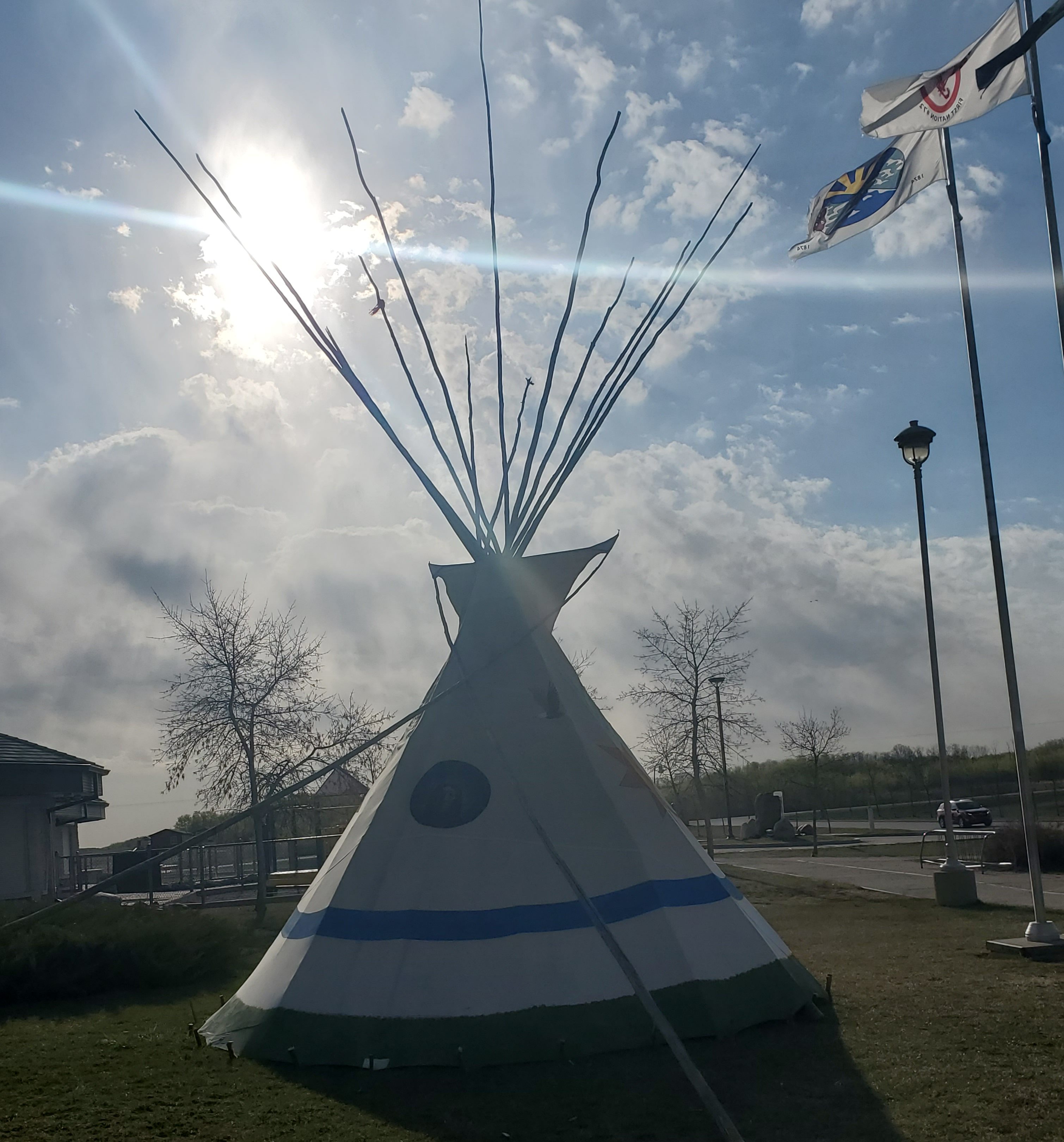EC&I 832. The challenge to create a curriculum-supported digital citizenship and media literacies project engaged my attention when I decided to write an extension plan for the Community & Kinship unit of Native Studies 10. My interest to advance Indigenous education lead this project when I thought of the numerous ways that technology can support/assist learning. The current 2002 curriculum suggested print and web based resources are in need of an update. With the emergence of educational technology assisted learning and the world wide web, our students can apply these opportunities throughout the Native Studies course.
Major Project Summary blog post
The 2002 Saskatchewan Native Studies 10 curriculum teaches the knowledge of social and political organizations of First Nations, Metis and Inuit (FNMI) peoples of Canada. Providing students with lessons to access information on Aboriginal history, culture, and perspectives is a key goal of the curriculum. Presenting materials with traditional teachings, history and contemporary views of the culture and languages builds positive images FNMI peoples. Curriculum that supports resource-based teaching can develop and use technological literacies into their existing programs. Designing learning to source accurate, up-to-date information by incorporating technology may look different in each classroom. A common factor across curriculum landscapes is the need to create and support the development of resources from a FNMI perspective. Tech tools and the internet can be used by students to create artefacts from research. It’s also important to continue to access traditional tools, such as the oral tradition of storytelling. Respecting the traditions and protocols that bring the FNMI perspectives to life in curriculum and ensuring that information is accurate is the task of curriculum designers. To assist with research that supports a Native Studies curriculum, this curriculum extension plan outlines an approach to include FNMI the traditional ways of learning and ways of knowing, with technology assisted learning.
